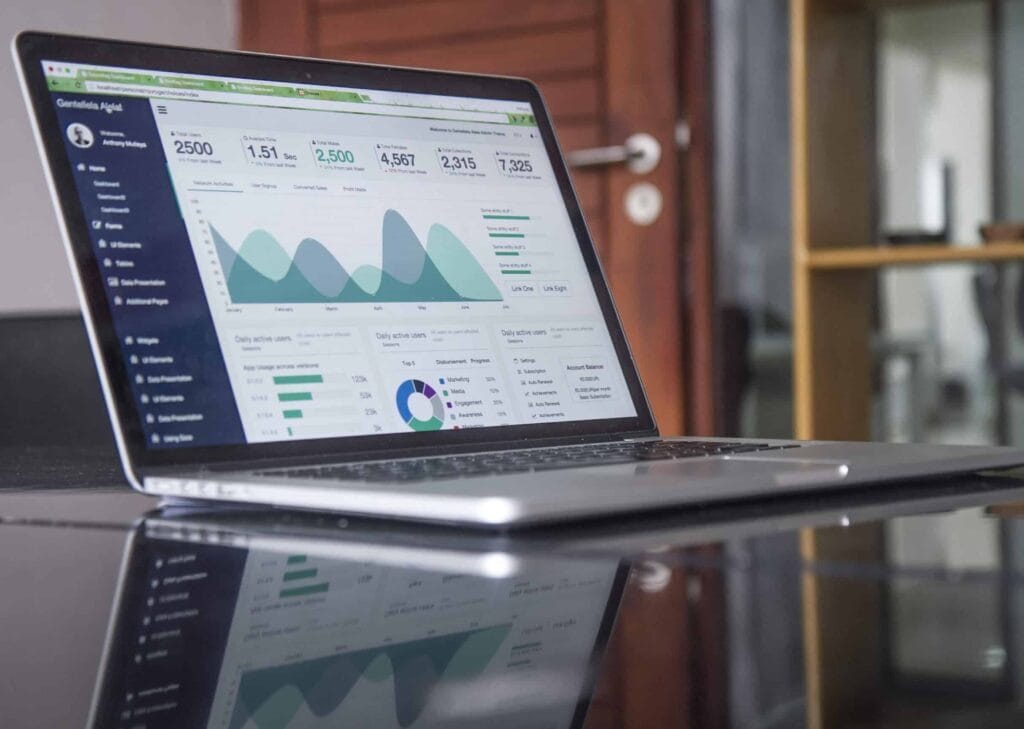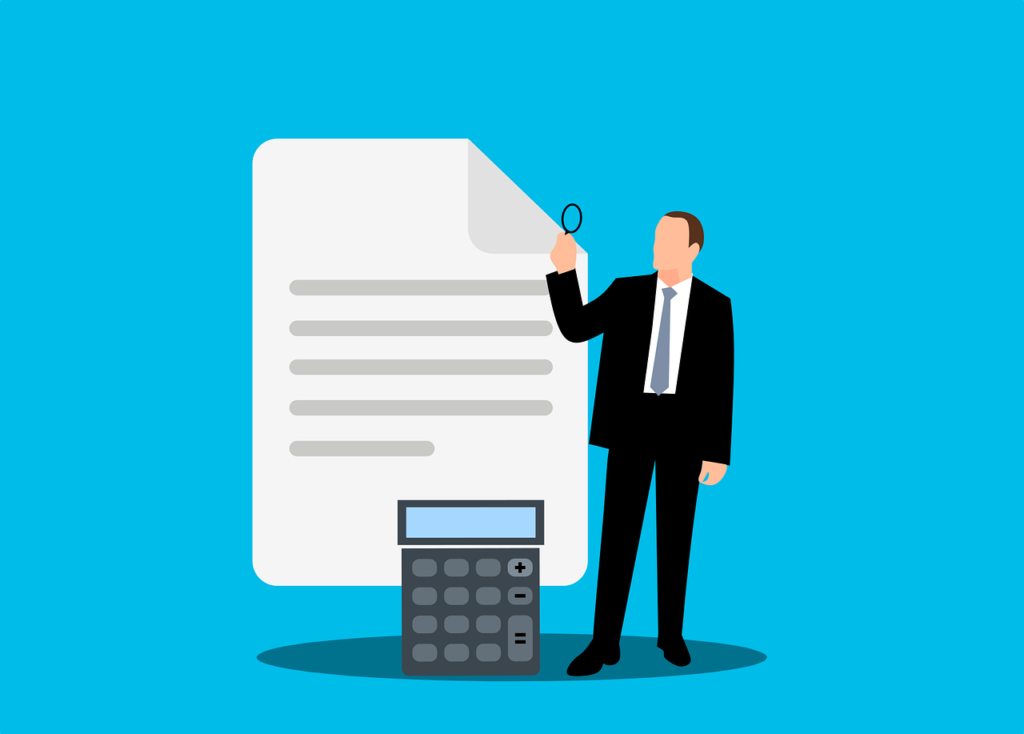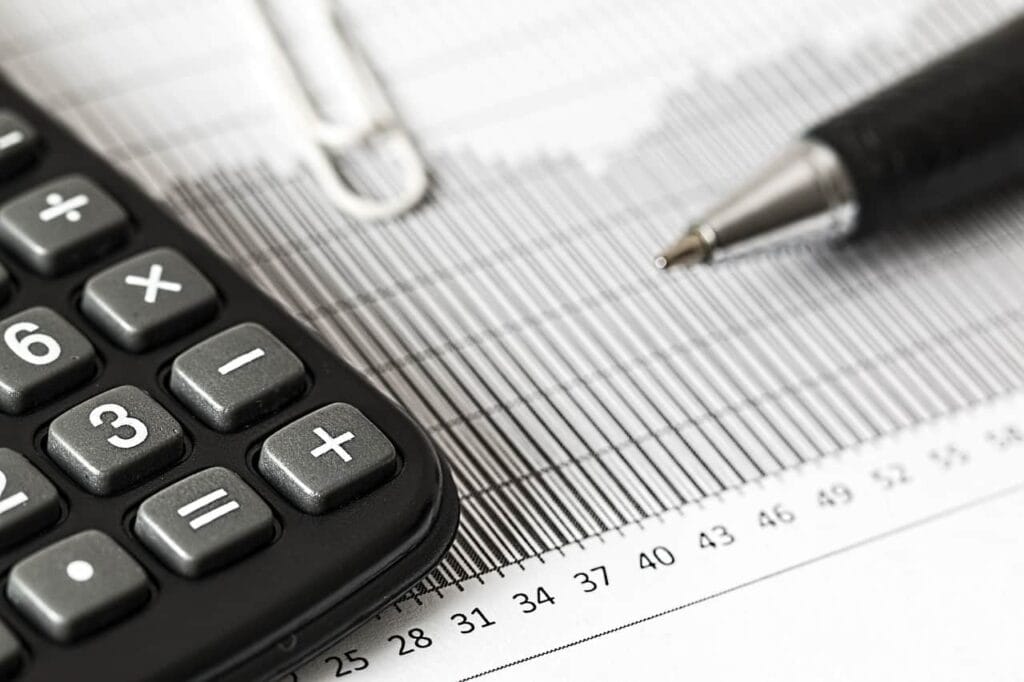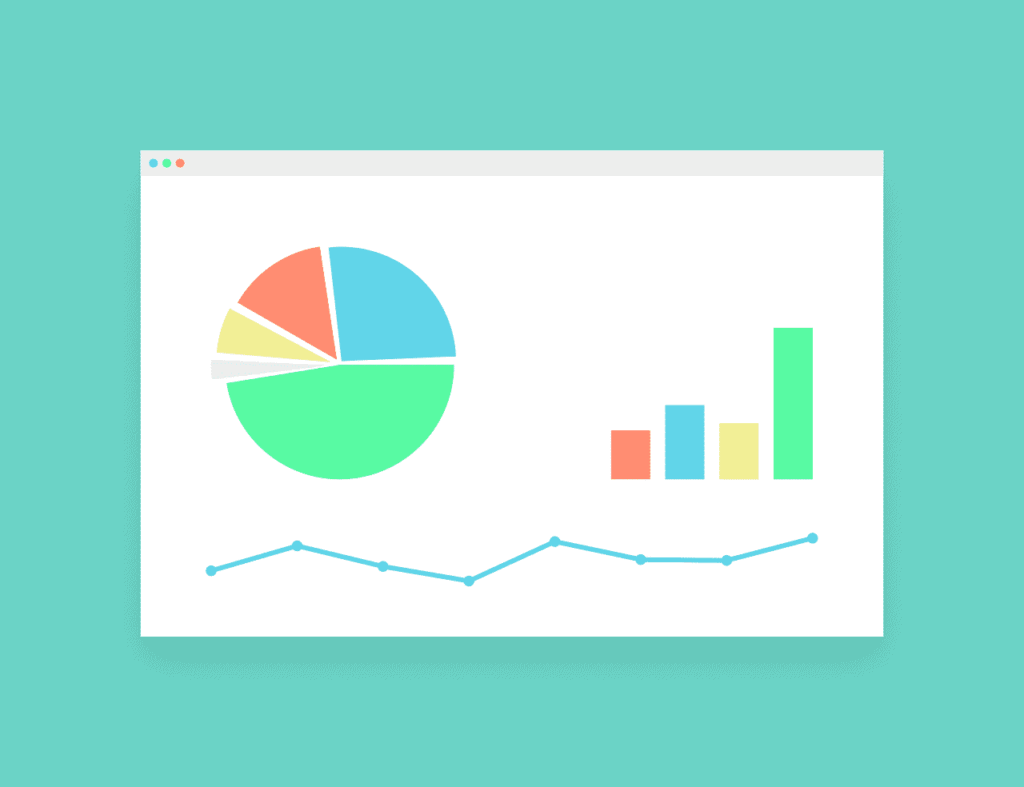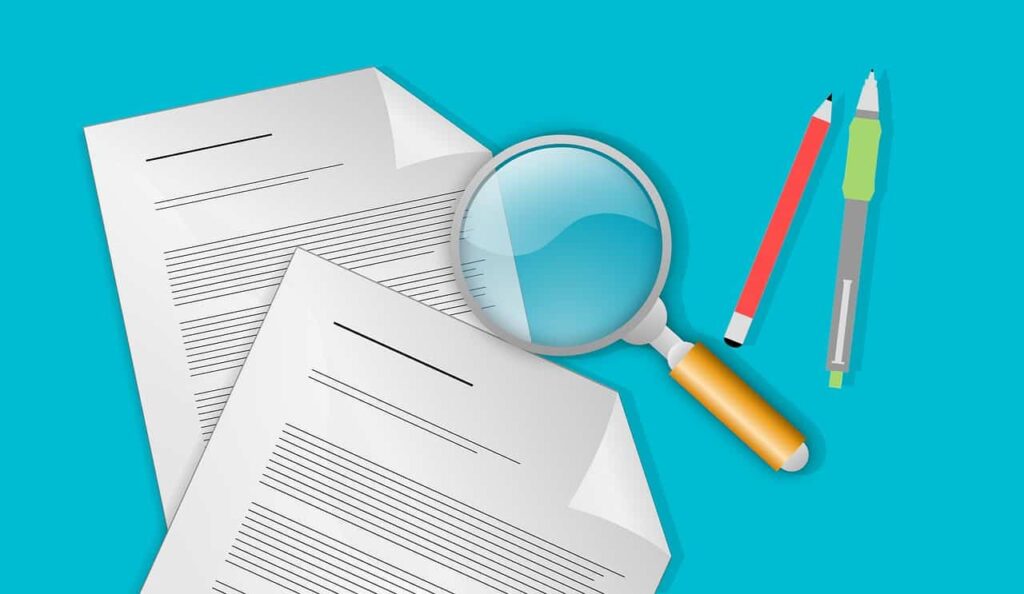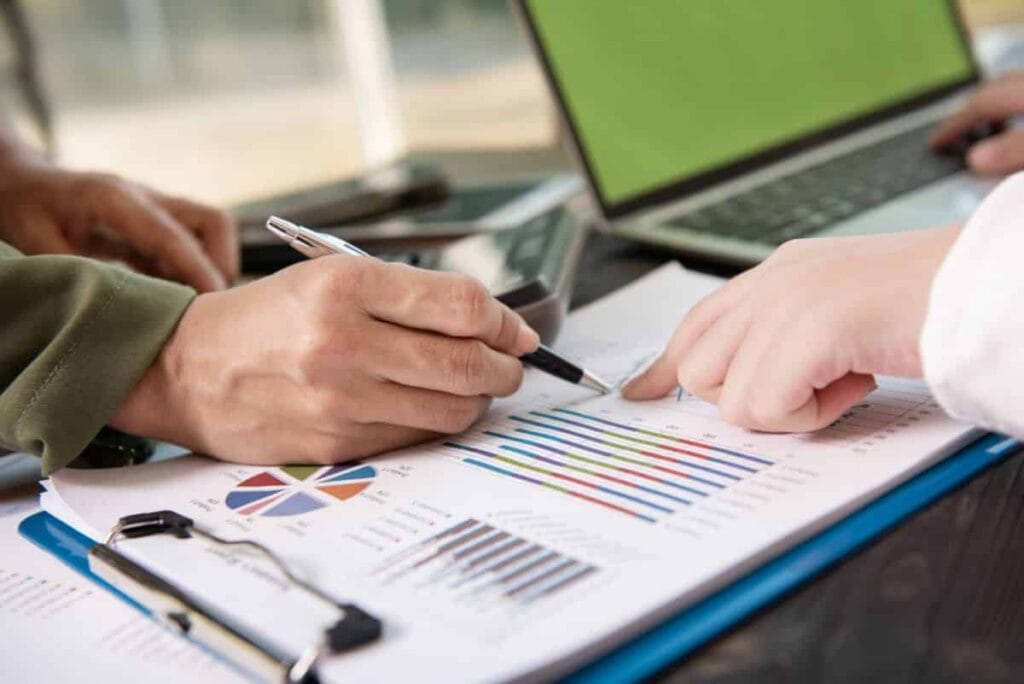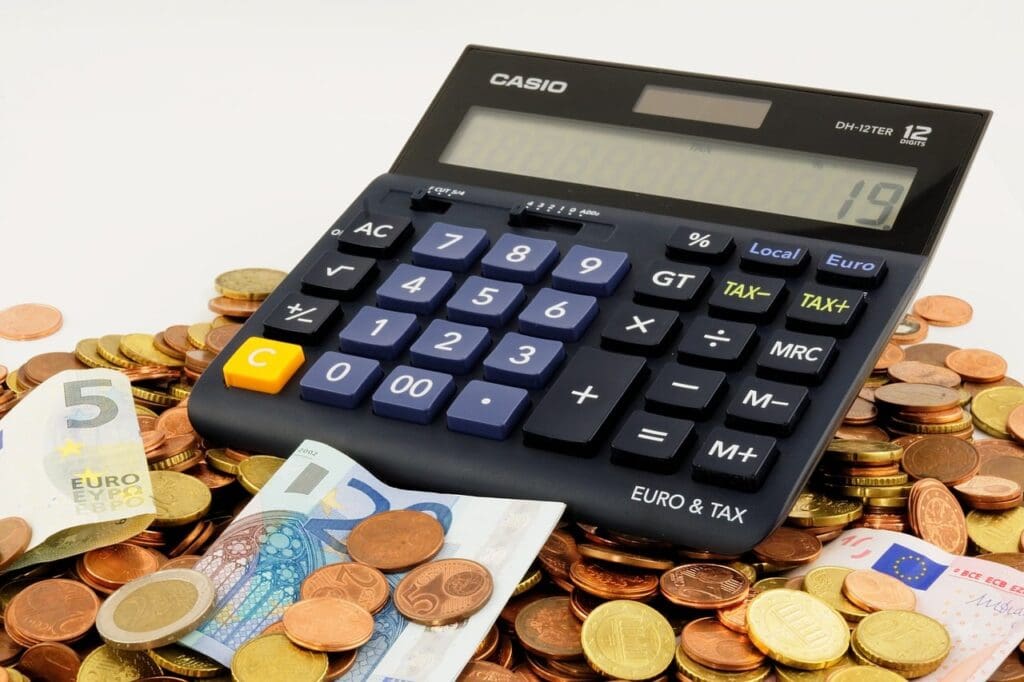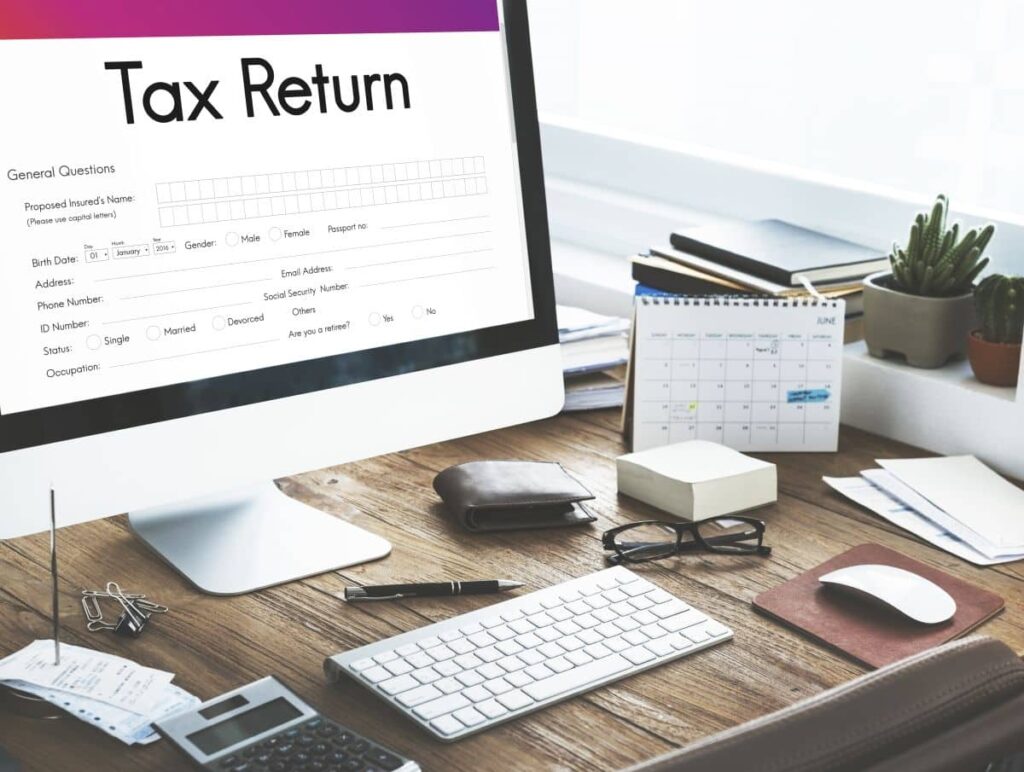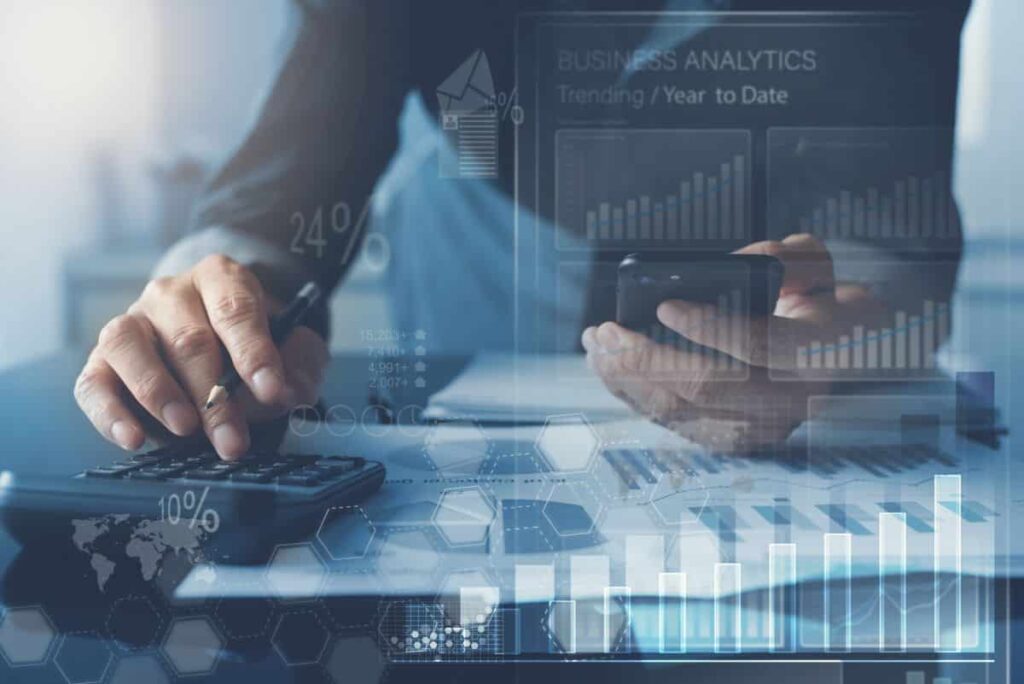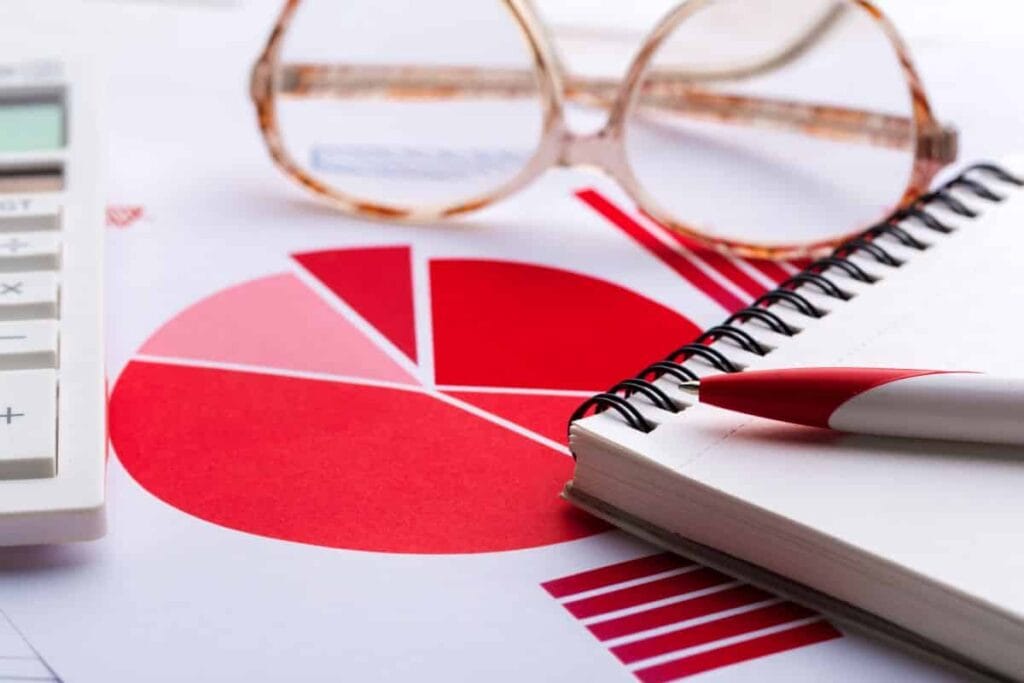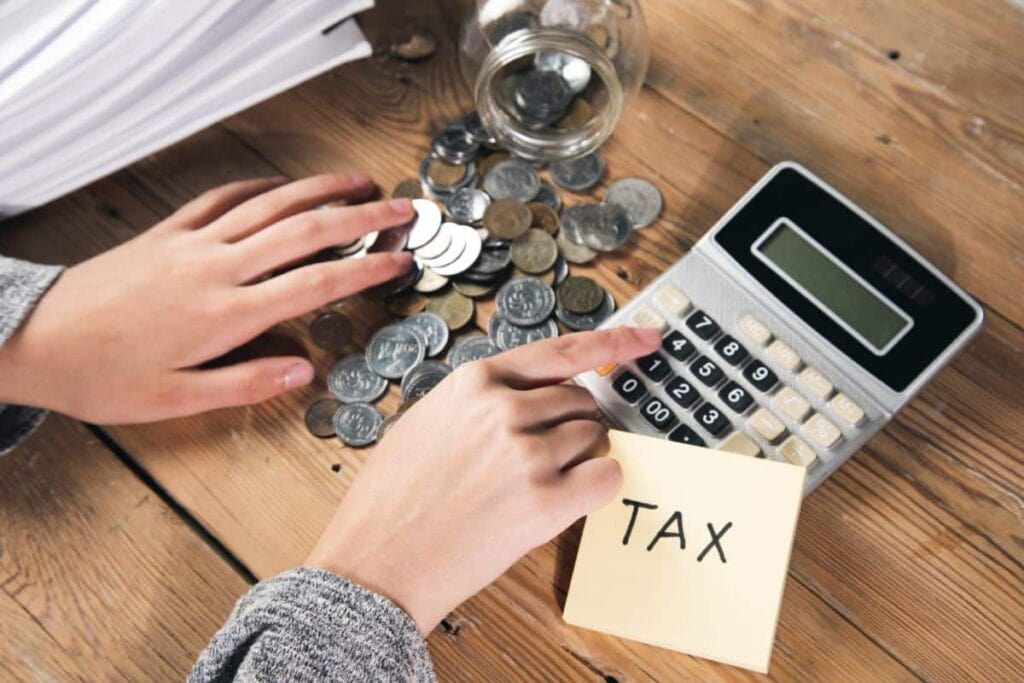Tax Tips For Retail Industry Workers
The retail industry is often recognized as one of the most cutthroat sectors of the overall market. Because of this, it is difficult for workers to distinguish themselves and earn a wage sufficient for living, particularly if they are not in management or upper-level positions. As a consequence of this, retail workers often put in long hours for a low wage; nonetheless, there are some opportunities to reduce one's overall tax burden if one is employed in the retail sector.
One of the industries in Australia that is experiencing the most rapid expansion in the retail industry. Because there are so many people who want to work in retail, it is imperative that you are aware of the taxes and deductions that are applicable to your income.
We have provided a list below with some popular tax advice for workers in the Australian retail industry. - If you are going to claim costs for things like clothes or uniforms, they have to be utilized completely for your employment and not just worn at work in order for you to be eligible. If they are not mutually exclusive, then the only cost that may be claimed as an expense is the cost of such things.
Retail Industry Workers Tax Return and Deduction Checklist
No-one looks forward to taxing time, but the good news is that it's actually an opportunity for you to secure a tremendous return from the ATO potentially. But how exactly do you accomplish this? First things first, make sure you take advantage of every lawful deduction and deal with a tax professional that has a lot of experience and is extremely informed about tax law and knows how to maximize both your income and your spending.
This checklist is intended to help you get the most out of the money you spend on work-related things while also ensuring that you don't miss any potential expenses.
The retail industry employs thousands of people across Australia, and it is these hard-working individuals who are responsible for keeping stores and other retail outlets open and operating on a daily basis throughout the entirety of the country. Your income statement for the year will be made accessible to you by the ATO employer if you work in the retail industry. It will include not only your pay and wages but also any bonuses and allowances you received during the course of the year. Through your myGov account, you have the ability to gain access to this information on your own, or your accountant can do so on your behalf.
Can I Claim Any Deductions?
You are eligible to receive a tax deduction for any amount that you spent during the tax year on goods or services that are immediately connected to the production of your income. You are required to have personally spent the money; your company cannot have compensated you for it, and you are required to preserve a record of the expense, such as a receipt or an invoice.
What Tax Deductions Can I Claim?
As a person who works in retail, you are eligible for a wide variety of deductions, including the following:
- The cost of purchasing and maintaining a compulsory uniform or any clothing with a design that your employer has registered with AusIndustry, as well as any other apparel that features the design.
- Expenses for meals during overtime work if you are entitled to an overtime meal allowance, and that allowance is included in your reportable income.
- Publications, both professional and technical that are related to the work that you do (such as a health food magazine for someone working in a health food shop)
Which Expenses Cannot Be Deducted From My Taxes?
You are not allowed to make a claim for the following significant expenses:
- Clothing of a certain colour or brand but not featuring a company emblem may be worn outside of the office as long as it does not violate any other dress codes.
- The amount of money spent on meals, beverages, and snacks eaten during the course of the workday
- Costs associated with personal grooming, such as having a haircut or purchasing cosmetics, even if a well-groomed appearance is required for your profession.
Which Types of Records Am I Required To Maintain?
Keeping accurate records is essential, therefore, it's a smart idea to devise a straightforward and dependable method that may assist you in staying on top of this throughout the year. You are not required to preserve physical receipts, and it is perfectly fine to keep a digital copy (such as a photo of a receipt or an email receipt) as long as the following information can be read clearly on the receipt:
- The name of the supplier
- Amount of the expense
- Nature of the goods or services
- Date the expense was paid
- Date of the document
You also do not need to save receipts for expenses that are less than $10 (as long as these do not add up to more than $200), and for any purchases that are difficult to collect receipts for, it is acceptable to make a note of the purchase in your diary with all of the facts mentioned above.
What Happens If I Make A Mistake In My Tax Return?
If you want to avoid getting in trouble with the Australian Taxation Office (ATO) and maybe even facing criminal charges, you need to be very careful when putting together the information and accompanying documents for your tax return, and you should only claim deductions that are legitimate.
If you realize that you have submitted any claims that are incorrect or unsubstantiated, then you should contact your accountant as soon as possible, and they will assist you in making the necessary amendments to your tax return. However, we all make honest mistakes from time to time, and if you realize that you have done so, then you should contact your accountant as soon as possible.
Retail Tax Deductions
Shop assistants are eligible for a variety of retail tax deductions thanks to the retail industry.
The key is to be aware of what deductions are permissible and which ones are not on your subsequent online tax return. Because of its more than 20 years of experience in the field, Online Tax Australia has a comprehensive understanding of all the different kinds of expenses that employees in the retail sector are eligible to claim on their tax returns.
As a result, in order to assist you in the process of preparing your subsequent online tax return, we have compiled the following detailed guidance to retail deductions.
You will see that the majority of tax benefits come in the form of tax deductions for out-of-pocket expenses that you have incurred throughout the course of the year and that your employer is not required to reimburse you for. These expenses include things like health insurance premiums, parking fees, and charitable contributions.
Retail Tax Deductions: Meals and Travel
When you work overtime, you may be eligible to receive reimbursement for the cost of meals provided that your employer has provided you with a meal allowance in accordance with an Industrial Award. AND a separate notation for that allowance will be included on your PAYG certificate.
Even if you don't save the receipts, you can deduct the amount that the meal actually cost you, up to the maximum that the Australian Taxation Office would allow. However, any sums claimed that is higher than that amount will require receipts as supporting evidence.
If you are travelling to or from a meeting, seminar, conference, or training that is not being held at your regular place of work, you are eligible to submit a claim for reimbursement of the costs of travel. This includes any parking fees, tolls, taxi fares, and costs associated with using public transportation.
If you are compelled to stay away from home overnight for any of the reasons indicated above, you may be able to make a tax claim for the expense of your lodging as well as any meals that you ate while you were away from home.
If you use your personal car for work-related activities, such as travelling to meetings, conferences, or training sessions, performing banking transactions, picking up or dropping off stock, or travelling between two different stores, you are eligible to make a claim for the cost of your car.
You will, however, need to maintain a log of the distance travelled in the form of kilometres if you intend to make a claim for the costs associated with operating your own vehicle.
Retail Tax Deductions: Uniforms and Protective Clothing
If you work in the retail industry, you may be eligible to get reimbursement for the cost of a uniform as long as it bears your employer's emblem in a permanent position. Among the several articles of protective clothing that you might be able to deduct from your taxes are the following:
- Accessories for protection include goggles, gloves, safety coats, aprons, and clothing with high visibility
- Items for protecting oneself from the sun, such as sunscreen, sunglasses, and headgear
- Even if your employer has precise requirements about the clothing that you must wear, you are unable to deduct the cost of wearing regular clothes (such as business suits, specific coloured clothing, certain brands or items that your employer sells).
- You are allowed to deduct the amount that it costs you to rent, mend, or clean any of the appropriate work-related or protective apparel that was listed above.
- If your claimed tax deduction for laundry costs is less than $150, you do not need to provide any written documentation. The Australian Taxation Office uses a rate of one dollar per a load of work-related apparel to determine the cost of doing laundry. This rate drops to half a dollar per load when other laundry items are included.
- You are needed to keep receipts if you are going to be claiming expenses for dry cleaning or clothes repairs.
Retail Tax Deductions: Equipment and Tools
- If the piece of work-related equipment or tool costs less than $300 individually, you may be eligible for a tax deduction for it.
- Items with a value of more than $300 must have their value reduced over the course of their useful lives. If you enter the item into our depreciation calculator, it will calculate the appropriate claim for the current year and carry any remaining balance forward so that it can be claimed in subsequent years.
- If an item is used partially for business purposes and partly for personal reasons, then you are only allowed to claim the portion of the item's use that is related to business.
- Electronic equipment like computers, iPads, and mobile phones are examples of the kinds of typical tools and equipment that employees in the retail industry may be able to deduct from their taxes.
Retail Tax Deductions: General Expenses

In addition, there is a selection of general tax deductions that can be claimed by any resident of Australia, regardless of their occupation or line of work. These deductions include the following:
- Fees for conferences and seminars
- Reference books
- Self-education
- Fees for calling and using the internet (for the work-related portion only)
- Home office costs
- Fees for tax advisors
- Donations to nonprofits that are registered
- Insurance that protects your income
Tax Tips for Retailers
It's difficult enough to run a business without having to deal with the complexities of the tax system. To make things easier, H&R Block has put up a beginners' guide to the tax deductions that all retailers should be claiming.
Stock purchasing
As a cost-of-sales, anything you buy to sell in your store is tax-deductible. You can also claim for connected costs such as getting stock delivered from suppliers and other sales costs such as delivery charges to consumers (if you pay them instead of the client), packing, and so on. Travel expenses to trade shows to evaluate new items are also deductible.
To get a tax deduction, write off any lost, damaged, or obsolete goods before the end of the year.
Immediate Write-off Of Capital Purchases
Until June 30, 2018, your company can claim an instant tax deduction for all capital acquisitions under $20,000 rather than depreciating the cost over time. That might be a terrific way to spruce up your store while also bringing in some extra income. To be eligible, your company must be a small business (with annual revenue of less than $10 million). The following are some of the things you might consider claiming:
- Cash registers and other POS devices
- Delivery vans
- Store fittings and fixtures
- Computers, laptops and tablets
- In-store security systems
- Accounting software
- Advertising and marketing costs
All advertising and marketing expenses for the purpose of selling shares, gaining awareness, and hiring staff are tax-deductible. Unfortunately, expenses for entertaining clients and suppliers are not tax-deductible.
Rent, mortgage interest, rates, and land tax for your business premises are all tax-deductible.
Expenses Relating to Wages and Superannuation
You are required to make salary payments to employees, in addition to making contributions to compulsory superannuation funds for each and every employee on your payroll. All of those expenses are deductible from your taxes. If you are able to make your quarterly super contribution for June before the 30th of June, you will have a better chance of being able to bring that deduction forward into the current tax year (the actual deadline is in July, after the next tax year has started).
Tax Expenses
The cost of engaging a bookkeeper to compile your business records, having tax returns or BAS produced, tax-deductible, and expenditures involved with attending an ATO audit or objecting to a tax assessment that you think is improper should all be deductible as business expenses.
Fringe Benefits
The cost of providing fringe benefits to employees, as well as the Fringe Benefits Tax (FBT) that employers must pay on those benefits, can typically be deducted from an employer's federal income tax liability. An employee (or their associate) may receive a benefit known as a fringe benefit if the individual receiving the benefit is an employee (or a past or prospective employee). Examples of fringe benefits include automobiles and parking spots for those automobiles.
Business Insurance
In most cases, the premiums that you pay for business insurance are tax-deductible, provided that they are tied to your company's ability to produce cash or to protect its assets.
This indicates that the premiums paid for insurance policies covering workers' compensation, professional indemnity, fire damage, theft cover, public liability, loss of profits, and commercial motor vehicle insurance are all eligible for tax deductions.
The premiums paid for key person insurance, also known as key man insurance, are a type of policy that provides a benefit payment in the event that an important company employee becomes incapacitated and is no longer able to work. In most cases, the premiums paid for key person insurance can be deducted from your taxable income as long as the key person cover was purchased to protect your company's revenue.
Having Your Business Tax-free tax-deductible
The government has recently introduced new measures that allow businesses to reorganize themselves without incurring unexpected income tax consequences, such as capital gains on asset transfers. These new measures are not tax deductions but rather tax relief that applies to small businesses. These new measures were recently introduced.
This is especially helpful for firms that are just starting or are in the process of developing and want to modify their legal structure to provide greater asset protection for the owners or greater freedom to grow. For example, a sole proprietorship can be converted into a trust or corporation.
The information shown in the previous guidance is a condensed summary of what your retail company ought to assert. Any cost incurred in the process of generating income for your company is deductible, either immediately or over a period of time, according to a general rule of thumb.
What can Retail Workers Claim Tax For?
The following is a list of tax deductions that we consider to be "important" for retail workers. You should be aware that the vast majority of people will not be able to claim every item on this list, and the ATO may ask you to provide proof of the deductions you claim.
General work-related costs
- Mobile phones — if you make or take work-related calls on your personal mobile phone, you are considered to be using your phone for work.
- Tablets and laptops - if you send emails, manage rosters, or place stock orders on your own tablet or laptop computer, you will not be eligible for this promotion.
- If you use the internet in your home for work-related reasons, you will incur additional expenses.
- Car Expenses: If you ever use your car to travel between different shop locations, you will be responsible for those costs (Remember, travel from home to work is not claimable, though).
- Payments made to a Union or for Membership
- Various types of stationery, such as a journal, logbooks, pens, and pencils
- Publications, whether books, catalogues, or journals, that are pertinent to your position
- Work bag
Clothes and safety gear
- The acquisition of uniforms as well as their mending (only for items that have a company logo)
- Costs associated with laundering or dry cleaning uniforms that have logos
- The following types of protective equipment:
- Gloves\sAprons
- Head/hair protection
- Sunscreen and sunglasses are a need (if your work requires outdoor work)
- Protective footwear such as boots or shoes
Important Note: If you want to deduct the cost of your uniform, the item in question must either be a protective or safety item, be required for your employment, and bear the emblem of your employer. If the article of clothing in question is, for instance, a simple black skirt or pair of pants that does not feature a logo, the ATO will not allow you to claim a deduction for it on your tax return.
Food, transportation, and accommodation
- Expenses incurred on meals while working overtime
- When you are working outside of your home city, the costs of meals can add up quickly (overnight trips)
- When training and working outside of your home, there are expenditures associated with lodging and other incidentals.
- Expenses for business-related travel and/or driving, such as those incurred when going to meetings, receiving training, picking up stock, or moving between stores. (Travel expenses between your home and place of employment are not tax-deductible unless you are required to transport heavy equipment/tools that you cannot leave at work.)
Training
- The costs of any university or community college classes that are specifically connected to your line of employment.
- Related costs like:
- Internet
- Phone calls
- Travel expenses
- The cost of lodging and meals (if you stay overnight)
- The instruments and essential supplies needed to complete the program successfully
- Books and user guides for various products




